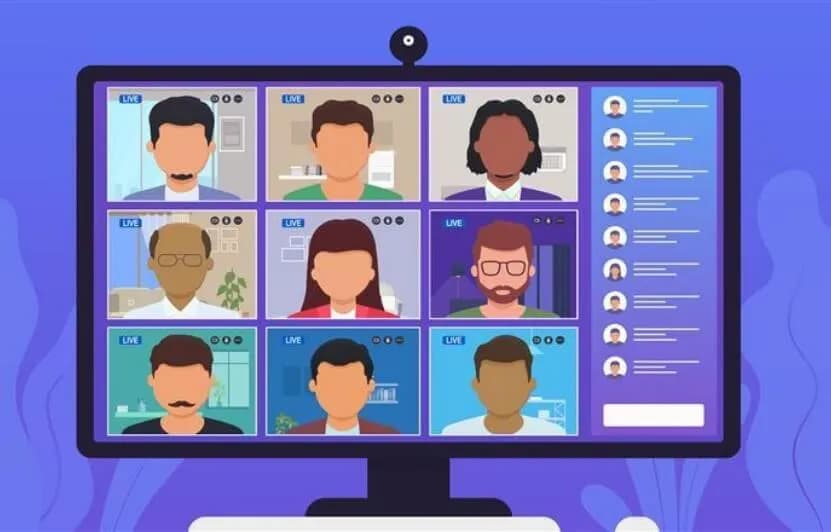
During the COVID-19 pandemic, many businesses, networking, and social events shifted to the virtual space, and the virtual event industry is currently thriving. Virtual events have swiftly become the norm, and managing and planning them has become a crucial part of every event creator’s job. Virtual events can be incredibly effective for a variety of reasons: including the ability to host them from anywhere in the globe, to save money, increase audience participation, promote your brand, and even generate leads. In this guide, we’ll talk about what virtual events are, how they function, and how you can host a fantastic virtual event that keeps your attendees coming back for more.
What Are Virtual events?
Virtual events take place online on numerous platforms, including Twitter and Instagram. They can be hosted in the form of paid online conferences, casual social media events, webinars, publicly available live streams, and other formats.
The most significant advantage of having a virtual event is cost savings. You get to reach a worldwide audience from the comfort of your own home or office. The disadvantage, though, is the lack of actual presence. Some attendees may feel detached or have difficulty focusing on what you’re saying due to low video and audio quality, insufficient soundproofing, or background noise. Depending on the scale and aim of your event, you may wish to consider engaging a professional virtual event production crew to manage it.
The Types of Virtual Events
Virtual events are not just about live streaming or video conferences held over Zoom. They include large-scale events, the kind that requires months of planning, renting a location, etc. Here are some popular options you can explore:
- Virtual conferences: Allows you to hold huge events without the expense of a large venue or workforce.
- Virtual workshops: An ideal way to offer hands-on training when it’s impossible to give face-to-face instruction, or there is a lack of space to accommodate all participants.
- Webinars: It could be an event, workshop, training session, or lecture whereby speakers deliver a topic.
- Virtual shopping events: Live stream shopping with product demos where attendees can purchase items
- Virtual networking events: Various networking activities, such as happy hours and after-work get-togethers, can be organized.
After you’ve decided the type of event that best suits your needs, you’ll need a proper plan to execute it. Whether a large-scale conference or a small workshop, the following pointers can help you get started.
Identify Clear Goals of Your Event
Make sure you know the objective of the event. Do you want to use it to raise awareness for your brand or sell products? Use SMART goals to help you and check that everyone involved in this event is on the same page.
Know Your Audience
Content is king. You need to consider if the information you’re sharing appeals to just one or two sectors of your target audience or everybody. If you’re holding a live shopping event, your audience might be expecting you to demonstrate the items you’re selling or give them a discount. If people attend your webinar for information, you must keep them engaged with exciting Content.
Find the Right Speaker
If you’re having a virtual event with speakers, make sure they’re qualified to speak on your chosen subject. They should be recognized in their area of expertise and have credibility. Research potential speakers and observe how they deliver. Because not all public speakers have experience conducting sessions over a virtual space, you should also request footage of the speaker from a previous virtual event. During pre-event virtual meetings, note how comfortable and equipped the potential speaker is and determine if they are a good fit for your event.
Hire a Professional Crew
Engaging a virtual event production crew can make your event preparation considerably more accessible and more efficient. It takes a team of experienced professionals behind the scenes, from a technical director to AV engineers, to make an event successful. A trained crew can assist you in managing the planning process before your event, ensuring that everything is for the big day. You won’t have to worry about the technical aspects of your event because they will take care of it for you. With the right crew, you’re all set to produce a memorable virtual event for your audience.
Grabbing his parents HI8 camera as often as possible, Greg made short movies and TV shows with his neighborhood friends and forced their families to watch them all.